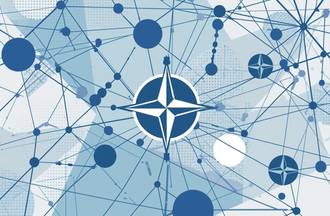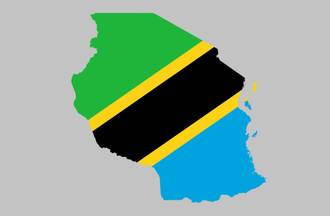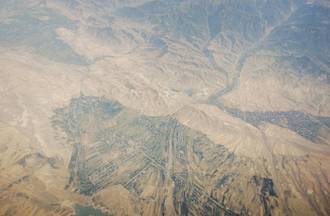Conflict Environments and their Violent Influences
This programme aims to better understand the multi-dimensional violent influences that contribute to conflict environments and how to better prevent and counter them.
Programme Introduction
Building on the Terrorism and Conflict Studies team’s expertise in political violence and terrorism, this programme examines the intersection and dependencies that exist between conflict, organised crime, extremism, the dynamics and implications of non-state armed group interventions and governance, and various forms of proactive/responsive intervention, from ‘soft’ non-military engagement to security sector reform and assistance. The themes addressed span multiple geographical areas, allowing for the mapping, analysis, and response to instability and violence, thereby facilitating a more holistic appraisal of contemporary conflicts and their prevention, mitigation, and resolution.
This programme aims to identify and highlight the various factors contributing to conflict and violence by considering the complex and interconnected nature of most conflicts. By employing gender-sensitive and intersectional research methodologies, we intend to examine the effects of multiple drivers that frequently interact to fuel conflict, such as ideology, individual and political identity, resource scarcity, climate change, among others.
Programme team
Dr Jessica White
Director of Terrorism and Conflict Studies
Terrorism and Conflict
Dr Joana de Deus Pereira
Senior Research Fellow
RUSI Europe
Dr Antonio Giustozzi
Senior Research Fellow
Terrorism and Conflict
Christopher Hockey
Senior Research Fellow
RUSI Nairobi
Michael Jones
Senior Research Fellow
Terrorism and Conflict
Claudia Wallner
Research Fellow
Petra Regeni
Research Analyst and Project Officer
RUSI Europe
Chris Goodenough
Programme Manager
Terrorism and Conflict
Timothy Kimaiyo
Threat Analyst | RUSI Consultant
RUSI Nairobi
Dennis Okemwa
Threat Analyst | RUSI Consultant
RUSI Nairobi
Rose Chelangat
Threat Analyst | RUSI Consultant
RUSI Nairobi




























